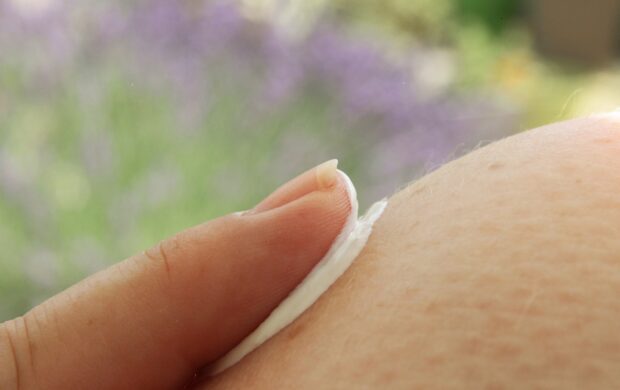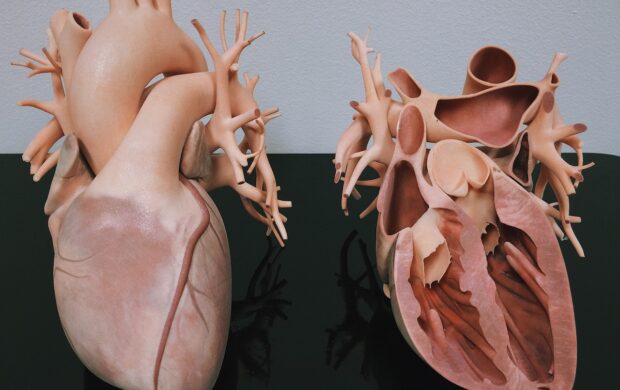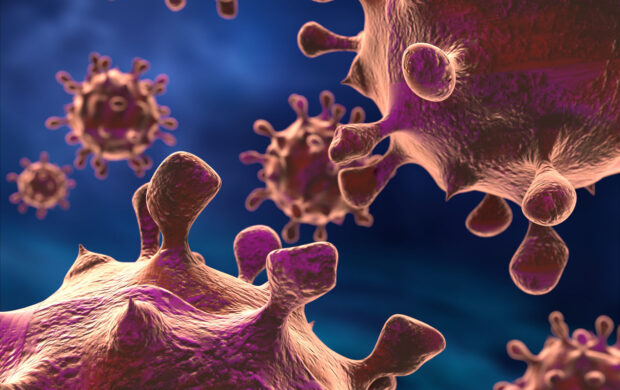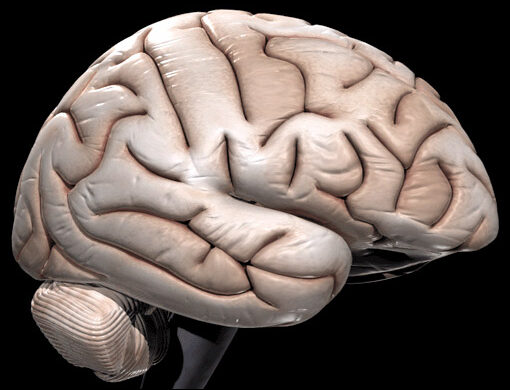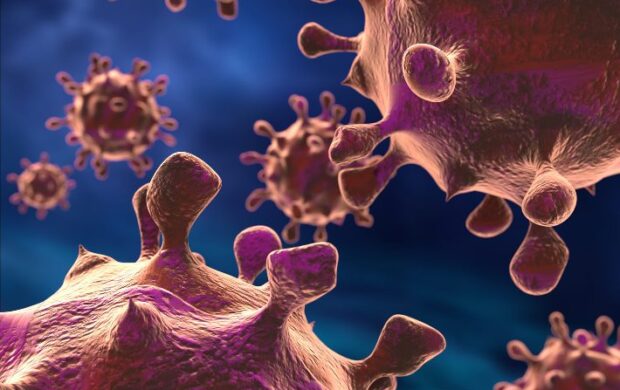The Cayman Islands’ MRCU (Mosquito Research and Control Unit) has given British firm Oxitec permission to release its genetically engineered mosquitoes on Grand Cayman island, in an attempt to eradicate the Aedes aegypti mosquito. Aedes is the the vector species for dengue, chikungunya and most alarmingly, Zika.
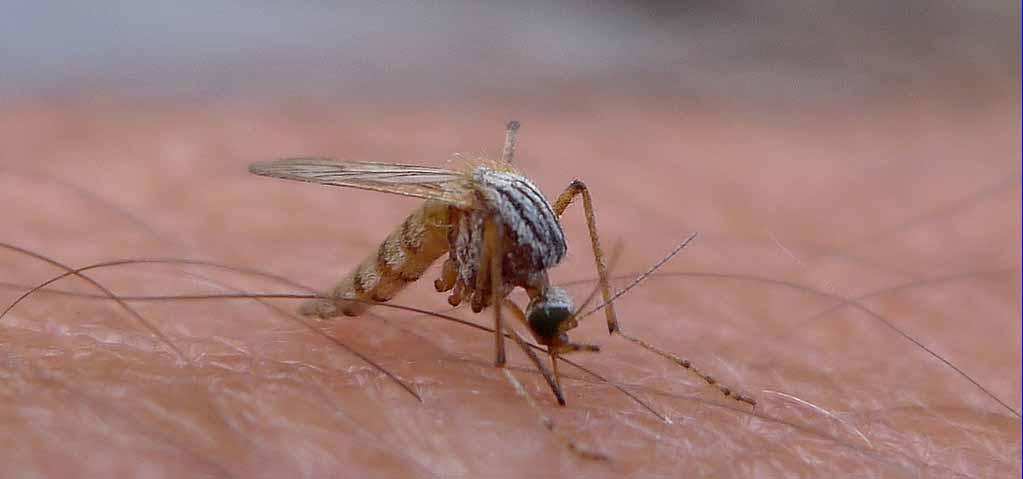
Oxitec’s specially designed mosquitos produce offspring which die young, cutting the likelihood of transmission for mosquito borne diseases. The spread of the Zika virus means that new ways to address insect born pandemics are becoming increasingly urgent. Randomised trials have produced successful results, with the population of the targeted mosquito dropping by as much as 90%. Significantly, the WHO recommended the use of OX513A (Oxitec’s transgenic version of the Aedes aegypti) accompanied by “rigorous independent monitoring and evaluation”.
Brazil’s health agency, Anvisa, has also granted a temporary license to carry out releases in response to the Zika onslaught. Matthew Warren, of Oxitec, told the Futures Centre that a production facility under development in Brazil will allow the program to cover a population of 300,000 people.

